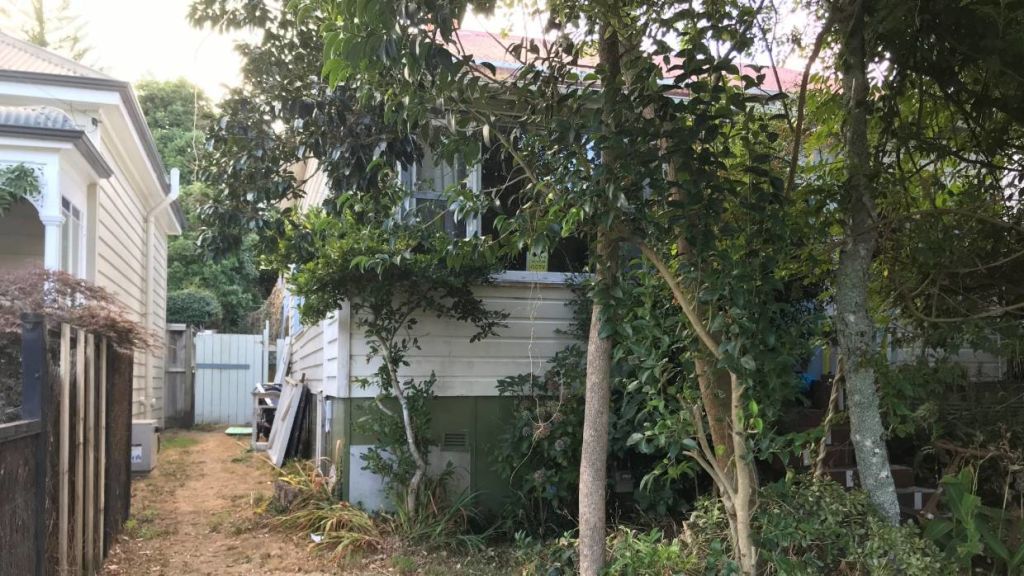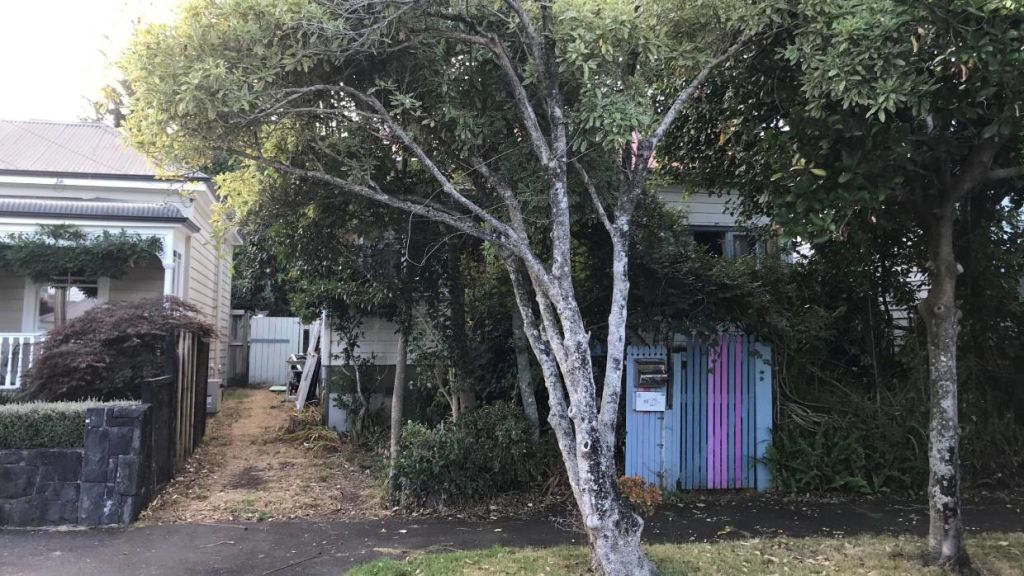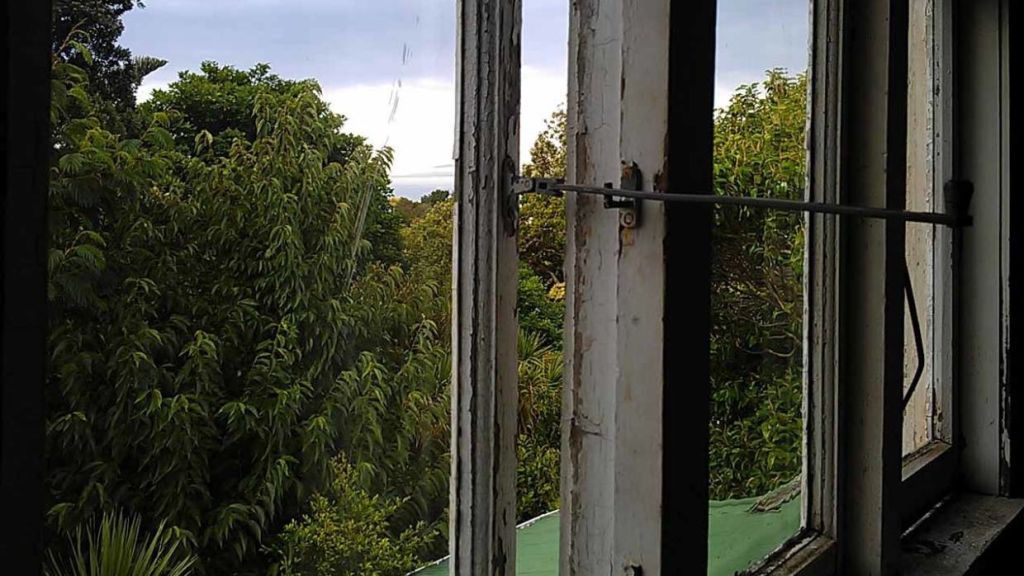Landlord accused of treating tenant like his 'personal butler'

A landlord harassed his tenant and treated him like his personal butler, a New Zealand tribunal has heard.
Auckland man Neil Stevenson claimed his landlord, who lived next door, regularly asked him to run errands or host family members when they visited the city.
But the landlord, Martin Burton, said he believed the two were close friends who shared similar values through their membership with the Quakers religious group.
Burton, who has been embroiled in an eight-year neighbourhood dispute over a basalt wall, also thought he was not the man’s landlord because he paid for a property manager to act on his behalf.
Stevenson moved into the Grey Lynn four-bedroom home in 2014 while he worked with Burton maintaining his Auckland property portfolio.

The pair agreed on a reduced rental rate under the proviso Stevenson would fix up the property, the tribunal heard in late February.
But after a year their working relationship soured and a tenancy agreement was signed with a property manager.
Burton said he kept the rent under market value because of their friendship and felt Stevenson could not afford the current value.
But the tenant claimed it was because he continued to act as a maintenance man at the property which was infested with mould and needed constant improvements.
During Monday’s hearing, Stevenson also produced text messages which he claimed showed years of gradual harassment that breached his right to quiet enjoyment.

Quiet enjoyment means landlords can’t harass tenants or interfere with their reasonable peace, comfort and privacy.
Requests to pick up furniture, run errands, or host a visiting brother took Stevenson away from his work and family, he claimed.
He calculated that harm at $40,000.
He said he continued to respond to the requests because Burton was in a position of power as his landlord.
Burton accepted he asked if his beef farming brother could stay with Stevenson one night while he attended an All Blacks’ match, but insisted it was under the assumption they were friends.
He and his property manager accused Stevenson of concocting a story of harassment because he owed more than $4000 in unpaid rent when he left the property without notice in December 2019.
They also produced evidence that Stevenson had failed to pay electric bills, left behind furnishings and listed the property on Airbnb.
Tenancy adjudicator Kirstin Koller threw out several claims from both sides because they lacked evidence.
She said the tenancy was one of the “most unusual” she had seen and would make her decision in writing at a later date.
Outside of the tribunal, Stevenson said he was never treated like a normal tenant and only realised his rights at the end of 2019.
Burton said it was a shame the situation had reached this stage and he worried his former friend saw him as an easy target to make money.
This story was republished with permission from stuff.co.nz. Read the original article here.
We recommend
States
Capital Cities
Capital Cities - Rentals
Popular Areas
Allhomes
More







